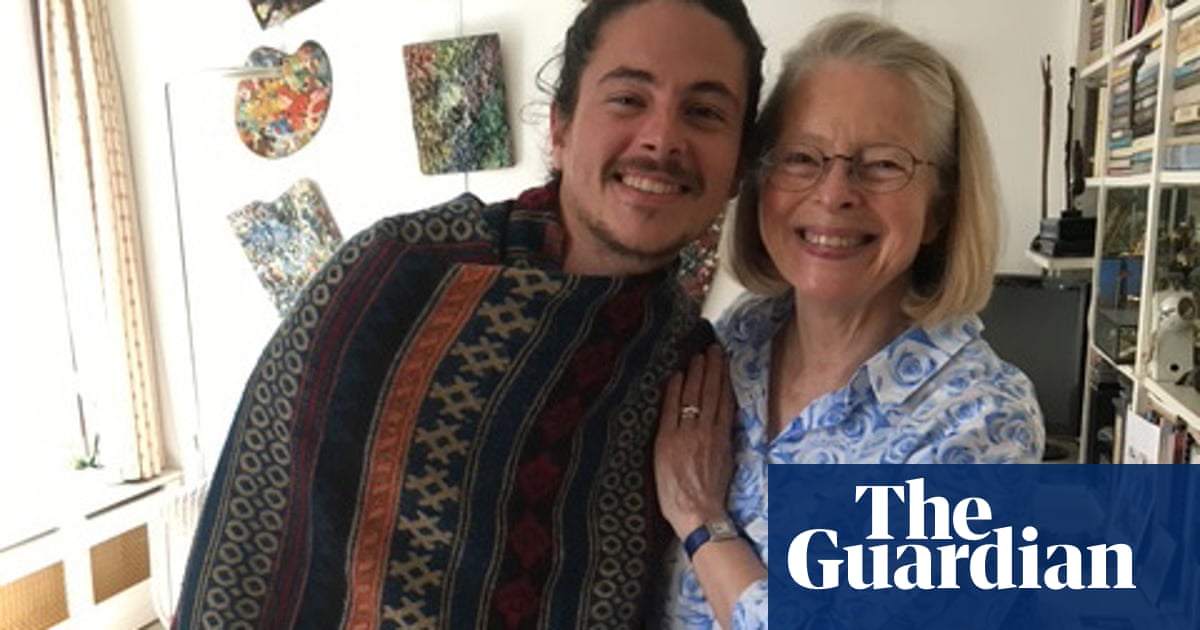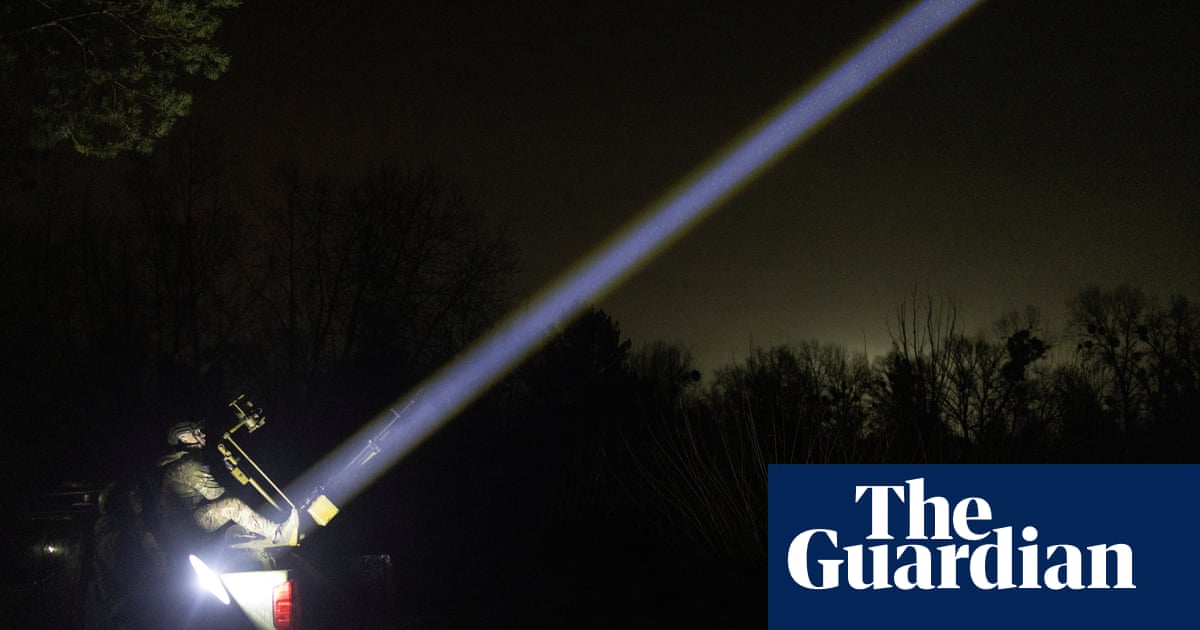Back in 2020, with the country in lockdown, the BBC commissioned updated versions of Alan Bennett’s consummate Talking Heads, originally broadcast in 1988. Ten of the 12 monologues were remade with a new A-list of British actors that included Kristin Scott Thomas, Lesley Manville and Martin Freeman reprising roles played first time around by Eileen Atkins, Maggie Smith and Bennett himself. Only two, A Cream Cracker Under the Settee and Waiting for the Telegram, both featuring the late, great Thora Hird, were not reprised. The omission was necessitated by the BBC’s rules around social distancing: during the pandemic, directors were barred from working with actors in any high-risk group, including those above the age of 70.
Bennett wrote two new monologues to replace the missing pieces, one for Sarah Lancashire and one for Monica Dolan, and very fine they were too, but Killing Time is proof that the characters he wrote for Thora Hird remained very much in his mind. In A Cream Cracker Under the Settee the fiercely independent Doris is determined never to end up in the rest home Stafford House, a fate repeatedly threatened by Zulema, the slapdash home help assigned to her by social services. “You go daft there,” Doris says vehemently. “There’s nowhere else to go but daft.”
Now, more than 30 years later, Doris’s Zulema is back, cleaning up mince and shrugging off racism as a carer at Hill Topp House, a council home and the setting for Killing Time. Hill Topp (“In the event of any correspondence please note that it’s Topp with two p’s,” insists the relentlessly genteel proprietor) is, in Bennett parlance, a cut above and much sought after: in return for a supplement on the fees, the residents benefit from “a choir and on special occasions a glass of dry sherry … only last week we went to a local farm where they have a flamingo”.
Mostly, though, the elderly occupants do jigsaws and knit and eat Angel Delight. They jostle for the better class of bedrooms, which have their own washbasins. The handyman offers sexual services to a shifting clientele of both sexes in the lawnmower shed for a token sum (“It’s such a nice change from humbugs”), while Mr Woodruff, the oldest resident, diverts himself with some therapeutic flashing, being firmly of the opinion that “since this was what made his heart beat faster, it was to be encouraged”. There is, despite passing mention of iPads, a distinctly 1970s flavour to Hill Topp House. There is also a persistent low hum of fear, particularly for the less affluent denizens, that, due to some misdemeanour or a shortage of funds, they might be demoted to neighbouring Low Moor, an altogether less salubrious establishment and not sought after at all. Life, as Mr Woodruff ruefully notes, “was snakes and ladders”.
Bennett is in his element in such an establishment, attuned to both the grim apprehensions of old age and its awful comedy, and shifts deftly between the two. It is familiar territory, but nobody does it like him. Teeth and wigs go missing. So do memories and the threads of conversations. “It’s the same as us,” one resident observes mordantly. “We’re all lost property now.”
The plot is as slender as the book itself. An elderly resident, Violet, dies. (Violet was also the name of Thora Hird’s nonagenarian character in Waiting for a Telegram.) Another woman moves in to take Violet’s place. She organises a jumble sale to raise funds for the home. The residents converse in non sequiturs and at cross purposes. And then Covid arrives and Hill Topp House is turned upside down. The failure to protect the elderly occupants of care homes was one of the great scandals of the pandemic, but Bennett approaches the horror slantwise. The virus brings death inevitably in its wake but it also brings release, springing the residents from the constraints of ordered days and oppressive gentility. “They frolicked,” Bennett observes approvingly. “Arthritis permitting, they scampered.” Covid was wretched, he acknowledges, but perhaps when death is close and the waiting is all that is left, it is the requirement to go quietly into that good night that is the greatest wretchedness of all.
Ninety himself, Bennett wrote in House Arrest, his pandemic diary, of how, at the health centre for his own Covid vaccination, he muddled his words, announcing that he was there for his virus (“unfortunate that both the disease and the remedy begin with a v”). Written down, his sentences remain as devastatingly, casually precise as ever. He does, however, and not without justification, seem like a man in a hurry. On occasion Killing Time feels more like the notes for a novel than a novella itself, its dialogue as spare as a script. One misses the actors who would slow it down and flesh it out. The second half in particular scampers like a Hill Topp pensioner, galloping towards the story’s conclusion. This being Bennett, though, that conclusion manages quietly, wryly, and without the least trace of sentimentality, to touch the heart.

.png) 2 months ago
12
2 months ago
12













































